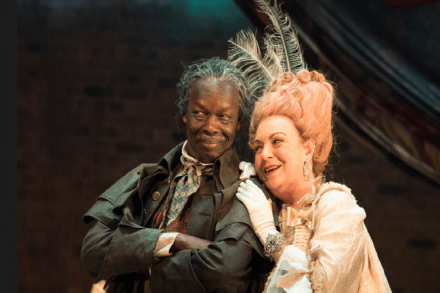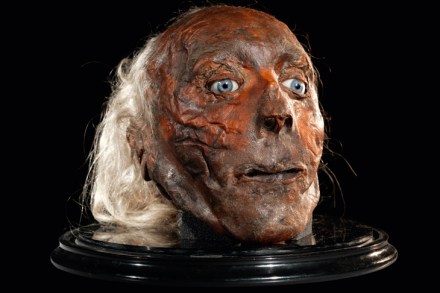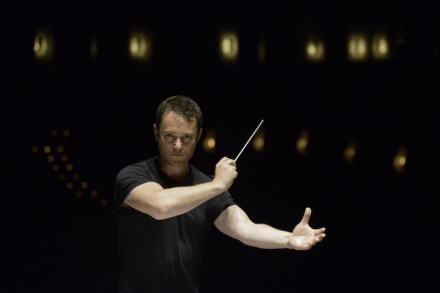Teenage kicks | 8 November 2018
Lauren Gunderson’s play I and You opens in the scruffy bedroom of 17-year-old Caroline. Lonely, beautiful and furious, she’s unable to participate in school life owing to a chronic liver problem. Into her hideaway barges Anthony, a handsome geek, who wants her to help with a Walt Whitman project. Caroline tries to chase him off but resourceful Anthony charms her into accepting his presence. What follows is a hilarious and beautifully observed study of modern teenage romance. Parents will recognise details like this: Caroline offers her guest a Coke but instead of asking him to fetch it from the kitchen she sends the request to Mom by text. Five minutes




















